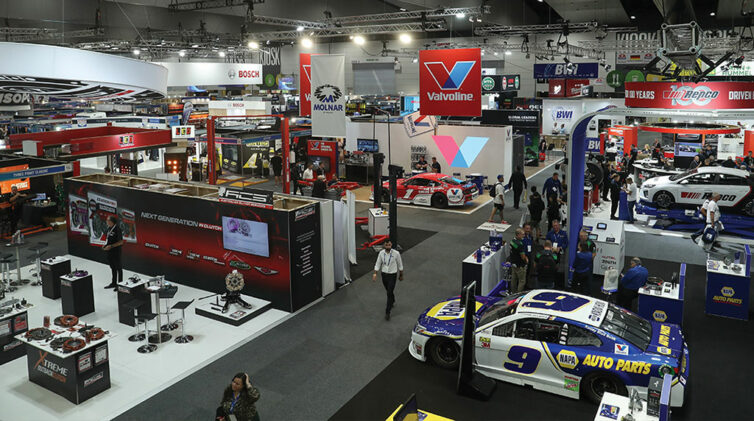The Nolans project is a $1 billion resource that its owner, Arafura Resources Ltd, says will now process its recovered ore onsite. It will do this to ensure car-makers that the treatment of its toxic waste products will meet the standards OEMs are placing on EV raw material suppliers worldwide and to meet stringent regulations from governments.
Arafura said it has already engaged with European EV manufacturers and plans to supply material directly to them.
In its company report, Arafura said China dominates rare earth supply with 80 per cent of the market in 2020. Chinese share of production is falling as new mines open but it still equates to 26,000 tonnes of neodymium and praseodymium (NdPr) – the strongest types of rare earth materials for electric motor magnets.
Arafura said global NdPr supply in 2020 was 46,000 tonnes but “to meet projected demand in 2030, global supply for NdPr oxide needs to expand by 52,000 tonnes” which will come from Australia and North America.
In an article published this week, Bloomberg said rare earth buyers were increasing efforts to buy material from outside of China.
“Last year, the US Department of Defense committed funding for Australian producer Lynas Corporation to set up a processing plant in Texas that will cost an estimated $30 million initially,” the publisher said.
“Other companies advancing projects include Hastings Technology Metals Ltd and Peak Resources Ltd.”
Arafura Resources chief financial officer Peter Sherrington said in an interview with Bloomberg that his company was in advanced stages of negotiations with European EV makers.
Key to the conversations with Australia are new rules governing sustainability and traceability of mining methodology which “have opened carmakers’ minds up to the need of this”.
Bloomberg said that a new law in Germany on supply-chain responsibility had also spurred interest.
From 2023, companies will be held accountable on social standards across their entire supplier network, including waste products, or they will face fines.
Car-makers and electronic component manufacturers are pushing hard to establish a strong line of supply of materials – including rare earths – to assure future production of EVs.
In Europe, the EU last year established the European Raw Materials Alliance to help ensure sufficient supply of critical raw materials for the move to replace fossil-fuelled vehicles with EVs.
Car-makers will require huge amounts of rare earths (including NdPr, lithium, cobalt and nickel) to build EVs. OEMs that now deal directly with miners include BMW, Tesla and Volkswagen.
While more deals with miners are expected, there is also a move by car-makers to reduce the amount of rare earths used in an EV’s motor magnets, which Bloomberg estimates can be up to 3kg per vehicle.
Some OEMs have tried to use alternatives. Tesla has used magnet-free induction electric motors for its early cars but has since switched back to the conventional motors with magnets.
By Neil Dowling













 Read More: Related articles
Read More: Related articles

